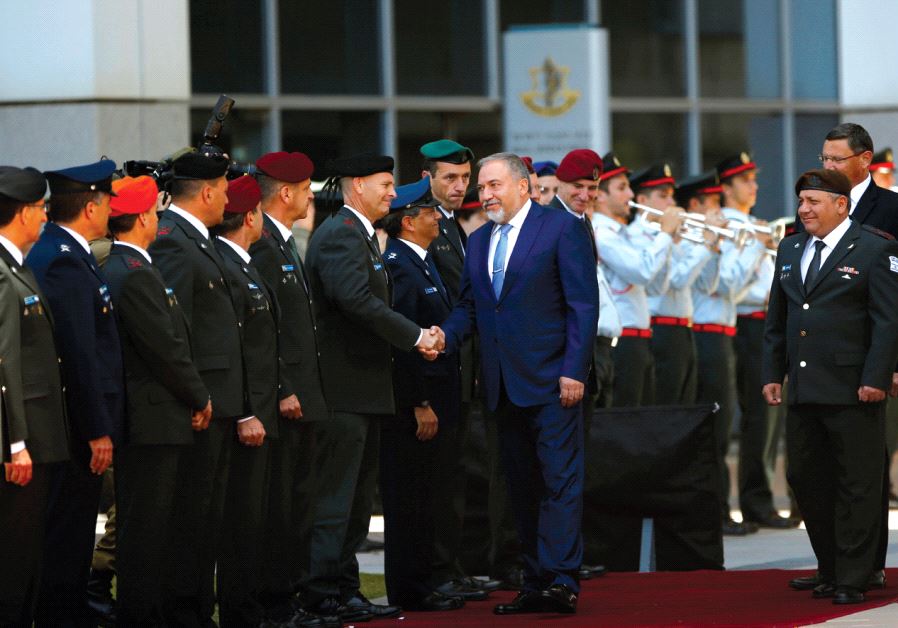Avigdor Liberman on building trust, fighting terror & working with Trump
In an exclusive interview with ‘The Post,’ Avigdor Liberman outlines the path to peace and the way Israel should work with the Trump administration.
 Amid harsh criticism of his record, Avigdor Liberman is sworn in as defense minister May 30
Amid harsh criticism of his record, Avigdor Liberman is sworn in as defense minister May 30